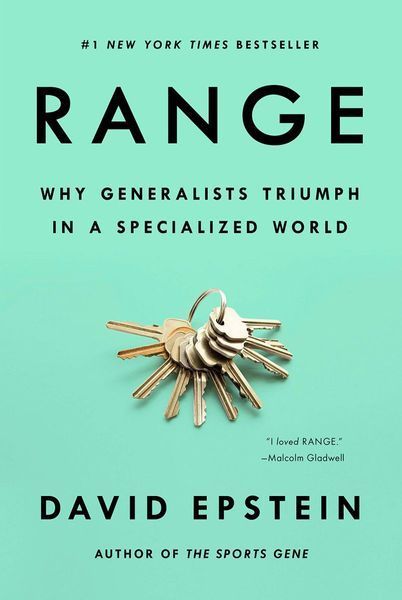
Reviews
Cassandra Tang@tangaroo
Fred Rivett@fredrivett
Julian Paul@julianpaul
Timeo Williams@timeowilliams
elizabeth@ekmclaren
Satyajeet Pal@readerpal
Heiki Riesenkampf@hrk
Mani Mohan@manee
Mark Phillips@mp
matej yangwao@yangwao
Andrew John Kinney@numidica
Sarah Schumacher@smschumacher
Varol Aksoy@varol
Anthony@amorriscode
Charlotte Dann@chareads
Jimmy Cerone@jrcii
Radimir Bitsov@radibit
farah@apharos
Nick Gracilla@ngracilla
Felipe Saldarriaga @felipesaldata
Julien Sobczak@julien-sobczak
Todd Luallen@tluallen
brendan sudol@bren
Rachel Kwon@kwon
Highlights
Cassandra Tang@tangaroo
Cassandra Tang@tangaroo
Cassandra Tang@tangaroo
Cassandra Tang@tangaroo
Cassandra Tang@tangaroo
Cassandra Tang@tangaroo
Cassandra Tang@tangaroo
Cassandra Tang@tangaroo
Kunal Mishra@knl
Page 5